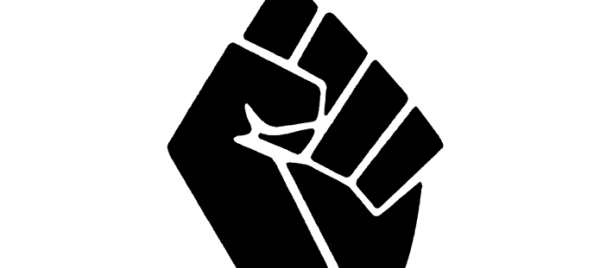AN376 - Culture and Power: Political Anthropology
A comparative, holistic study of formal and informal politics in diverse societies. The course focuses on three major themes: examining diverse political systems with emphasis on the emergence of the state; the relationship between power, ideology, and symbolic systems; power and controlling processes, with special attention to dominance, hegemony and resistance. Emphasis on full-length ethnographies. May meet either the Critical Perspectives: Global Cultures or Social Inequality requirement. (Not offered 2025-26).
Prerequisite: One previous cultural anthropology course or consent of instructor.
1 unit
Previously Featured Offering
Processes involved in “power” – how history, culture and beliefs, resources and environment all shape practices and patterns – are anything but simple. This course will attempt to bridge between the established canon of the fields known as "political” and “legal” anthropologies and the contemporary preoccupation with power.

Political Anthropology looks at various societies in order to compare their formal and informal politics.

Political Anthropology attempts to build a bridge between the established canon of the subdiscipline known as "political anthropology" and the contemporary preoccupation with power that permeates sociocultural anthropology. The course focuses on three major themes: diverse political systems with an emphasis on the emergence of the state, the relationship between power, ideology, and symbolic systems, and power and controlling processes, with special attention to dominance, hegemony and resistance.
No offerings are currently scheduled.
Report an issue -
Last updated: 08/11/2025



